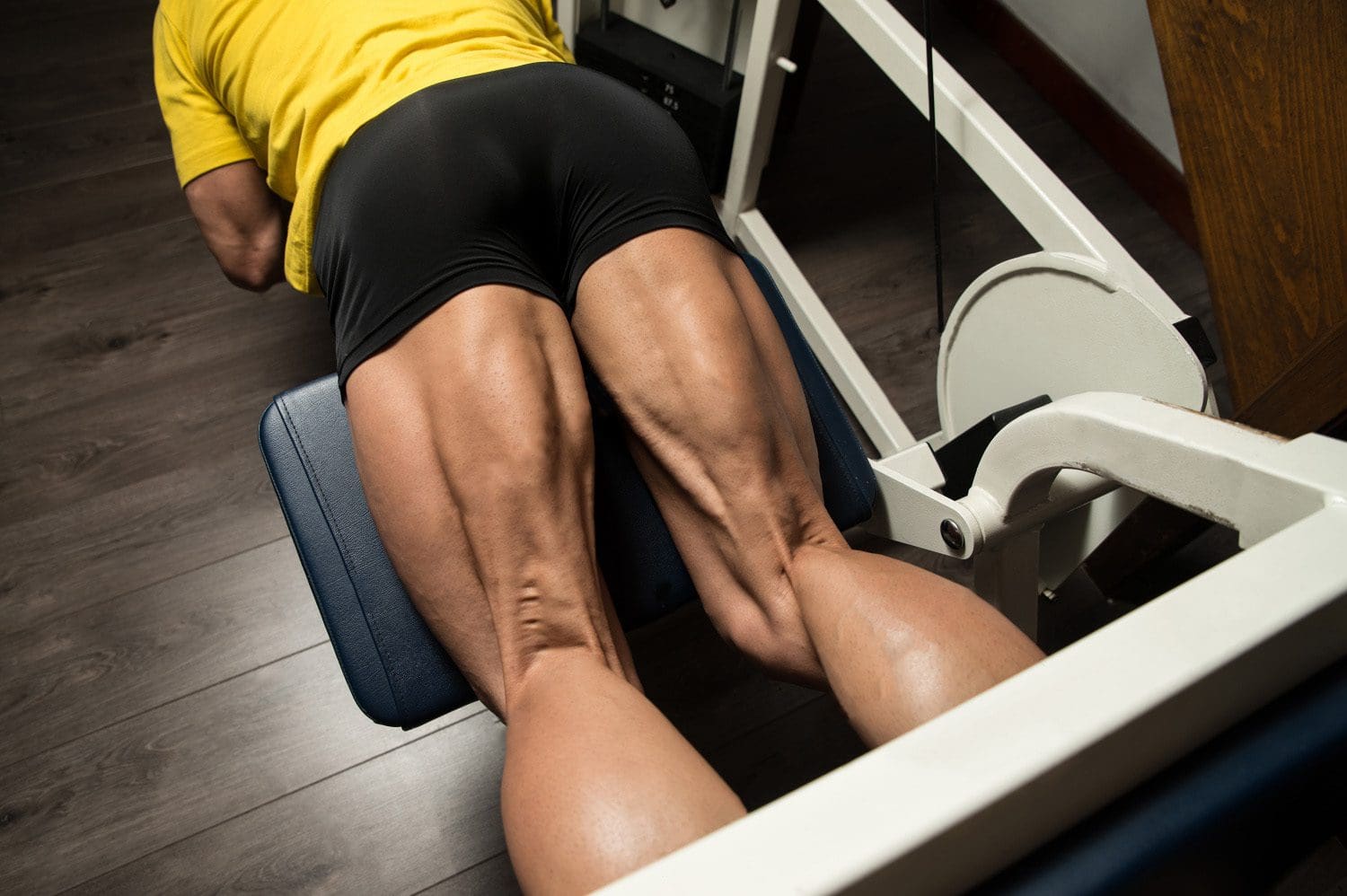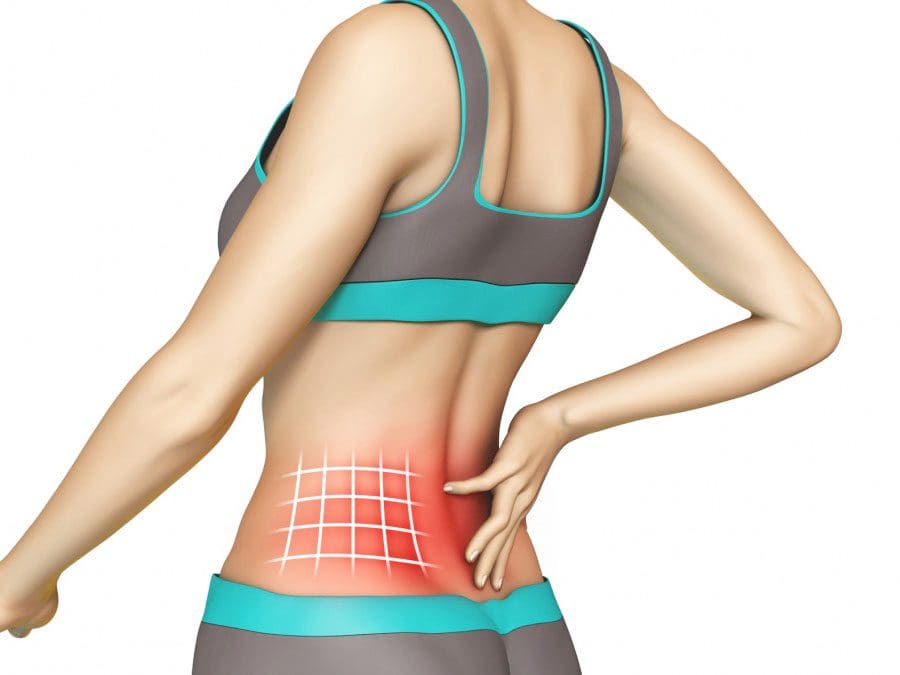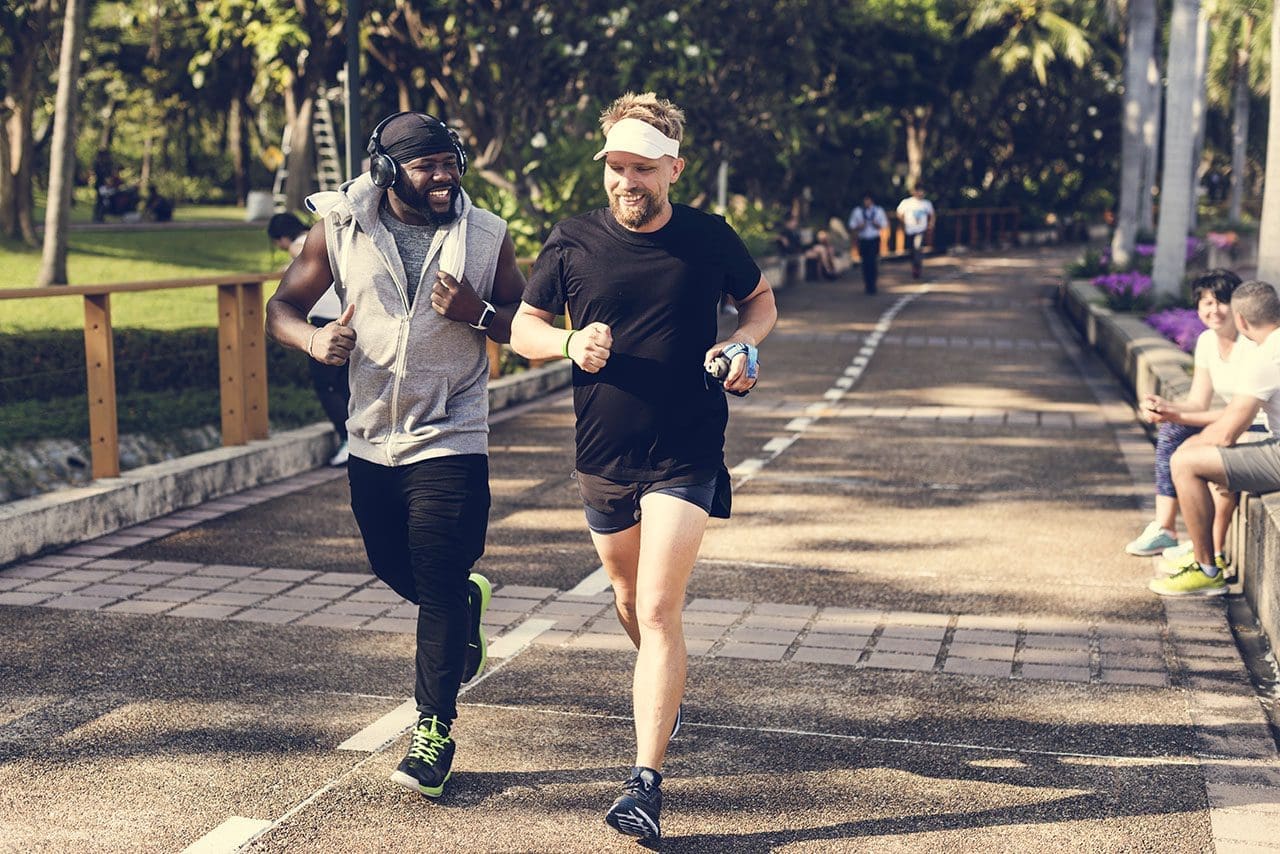Those who like to jog or run say there is nothing like the feeling of jogging and running. The breeze all around, the sound of feet hitting the pavement, and the accomplishment felt after. Jogging and running can generate empowerment that makes individuals feel like they’re on top of the world. Until back pain rears its ugly head.
Many individuals with back pain see no alternative and so give up trying to jog or run and just forget the whole thing. However, it is possible to be a successful runner and hold down a jogging/running regiment, even with back pain.

Table of Contents
Jogging and Running
Running can be highly beneficial for those with back pain. Aerobic exercise is considered a form of effective treatment for low back pain. Other studies have found that runners have stronger spines. An article published in Scientific Reports looked at the intervertebral discs in joggers/runners, as well as, non-joggers/runners. The joggers/runners had healthier intervertebral discs.
Running can be quite helpful to those having trouble with mechanical back pain. Mechanical means an individual has a structurally sound spine but has a job/ that creates force/s that can damage tissues, which results in back pain. Often, those with back problems have weak:
- Core
- Front
- Back

Jogging and running can help strengthen the core along with weight loss and improved fitness will definitely benefit the spine/back. Jogging and running increase endorphins. This is great for the brain and mood and decreases overall general pain.
Individuals that should not be jogging or running
It does not mean these individuals cannot jog or run. But because of underlying conditions, they need to talk to their doctor first and may have to take extra precautions.
Back pain can be mechanical or structural. If the spine has a structural problem, jogging or running might not be the best therapeutic exercise regiment/program option. This can be dangerous as any added stress placed on an abnormal spine could worsen symptoms instead of helping to reduce back pain. It could even worsen the condition. This is where the proper spine treatment is directed by a doctor, spine specialist, chiropractor, or physical therapist.

If the back pain is mechanical, there are ways to work in a running program while keeping the back safe. Usually, this means stretching out, getting physical therapy, and applying heat and ice. These can all help while being able to jog and run.
Lace-up, make sure there is plenty of water, and hit the neighborhood, trail, pathway, etc. However, running with back pain is not optimal for jogging or running. Here are some ways to get the full benefits from the experience.
Stretching Out
Stretching is highly beneficial to runners, especially those with back pain, which is why stretching before and after jogging and running is extremely important.
The hamstrings, quadriceps, groin, and calf muscles definitely need to be stretched out. These leg muscles need to be loose and ready to move. The thigh muscles are all directly connected to the pelvis and hip. If they are not properly stretched, it can affect pelvic tilt and generate low back tightness.
The calf muscles are not directly connected, but the body is a kinetic chain, meaning the body works as a whole unit. For example, let’s say an individual has a tight calf or Achilles tendon. This can change stride length, which can then affect the hamstrings, hips, and back. Icing the back after a jog or run will reduce back pain and inflammation.

Ease Into The Routine
Experienced runners know all too well that literally hitting the ground and taking off results in pain and injuries. First-time joggers/runners, as well as those coming back to jogging or running need to take it low and slow. This means gradually easing into a jogging/running routine rather than trying for ten miles right away.
Go for reasonable goals that can be accomplished. This will increase the likelihood of staying with it and continuing. This goes for new runners or joggers/runners making a return. Gradually increasing distance and speed is the safest approach. Gradual increases in the jog or run allow for positive and progressive gains.
Mix In Other Workouts
Cross-fit training can help the body take a break when carrying out a running program. Cross-fit training involves:
- Swimming
- Biking
- Weights
A comprehensive exercise program should include resistance training and cardiovascular exercises. Only want to stick to only running and nothing else than changing distances and speeds on a regular basis. Changing running workouts frequently will help to avoid overuse injuries.
Overuse injuries can stop an exercise routine cold. Therefore, making sure that the body gets the proper amount of rest between jogs, runs, and workouts is crucial for the therapy to work to eventually alleviate back pain.

Proper Equipment
Throwing on a pair of old sneakers and jogging out the door is not the way to go. Improper shoes could exacerbate the back pain/condition and even create new injury/s. Therefore choosing the proper jogging and running equipment will prevent injuries and back pain.
Shoes, braces, and orthotics do make a difference. Just like using the right tool for a job makes a difference. Especially when using a cheap knock-off that breaks or falls apart. It is the same with exercise equipment/gear. For the low back, a neoprene belt can help the low back remain loose by providing heat and spine support.
Shoes and orthotics are important, but be sure to know foot size and type. Otherwise, they could worsen back pain or cause another injury. Effectively utilizing them, a runner should get a custom foot orthotic/s sizing. Because every person is unique, functional custom foot orthotics can help balance a person’s unique body structure. Dr. Jimenez can help provide functional custom foot orthotics to patients who want to improve back pain. For example, some things to consider:
- Flat-footed pronator
- High-arched supinator
- Raised heel
- Flat heel
- Ultralight shoes
- Minimal support
- Maximum support
Some choices depend on the constant surface the runner is on, like cement, pavement, trail, or dirt road. Specialty running shoe stores can provide a foot strike analysis to find the shoes that are best matched for your physical needs.

Feel That Your Body’s Telling You Something
Experienced athletes, especially runners, know how to listen to their bodies. If an injury worsens, they take the time off to heal properly before restarting the regiment. For those with back pain, this is especially important during the program.
If back pain presents mid-run, it is recommended to slow down. If that doesn’t bring relief, then stop and stretch. And if that does not help, then stop the workout altogether. It could be nothing; all that is needed is more rest before starting up again. But if it persists, check with your doctor, chiropractor, or physical therapist to re-evaluate the program, as some changes/adjustments need addressing.
It does not matter whether it is back pain, shin splints, or plantar fasciitis; the point is to listen to your body. Pain that lingers on or wakes you out of sleep should be checked out.
Chiropractors On Metabolic Syndrome & Inflammation
Post Disclaimer
Professional Scope of Practice *
The information on this blog site is not intended to replace a one-on-one relationship with a qualified healthcare professional or licensed physician and is not medical advice. We encourage you to make healthcare decisions based on your research and partnership with a qualified healthcare professional.
Blog Information & Scope Discussions
Welcome to El Paso's Premier Wellness and Injury Care Clinic & Wellness Blog, where Dr. Alex Jimenez, DC, FNP-C, a board-certified Family Practice Nurse Practitioner (FNP-BC) and Chiropractor (DC), presents insights on how our team is dedicated to holistic healing and personalized care. Our practice aligns with evidence-based treatment protocols inspired by integrative medicine principles, similar to those found on this site and our family practice-based chiromed.com site, focusing on restoring health naturally for patients of all ages.
Our areas of chiropractic practice include Wellness & Nutrition, Chronic Pain, Personal Injury, Auto Accident Care, Work Injuries, Back Injury, Low Back Pain, Neck Pain, Migraine Headaches, Sports Injuries, Severe Sciatica, Scoliosis, Complex Herniated Discs, Fibromyalgia, Chronic Pain, Complex Injuries, Stress Management, Functional Medicine Treatments, and in-scope care protocols.
Our information scope is limited to chiropractic, musculoskeletal, physical medicine, wellness, contributing etiological viscerosomatic disturbances within clinical presentations, associated somato-visceral reflex clinical dynamics, subluxation complexes, sensitive health issues, and functional medicine articles, topics, and discussions.
We provide and present clinical collaboration with specialists from various disciplines. Each specialist is governed by their professional scope of practice and their jurisdiction of licensure. We use functional health & wellness protocols to treat and support care for the injuries or disorders of the musculoskeletal system.
Our videos, posts, topics, subjects, and insights cover clinical matters and issues that relate to and directly or indirectly support our clinical scope of practice.*
Our office has made a reasonable effort to provide supportive citations and has identified relevant research studies that support our posts. We provide copies of supporting research studies available to regulatory boards and the public upon request.
We understand that we cover matters that require an additional explanation of how they may assist in a particular care plan or treatment protocol; therefore, to discuss the subject matter above further, please feel free to ask Dr. Alex Jimenez, DC, APRN, FNP-BC, or contact us at 915-850-0900.
We are here to help you and your family.
Blessings
Dr. Alex Jimenez DC, MSACP, APRN, FNP-BC*, CCST, IFMCP, CFMP, ATN
email: coach@elpasofunctionalmedicine.com
Licensed as a Doctor of Chiropractic (DC) in Texas & New Mexico*
Texas DC License # TX5807
New Mexico DC License # NM-DC2182
Licensed as a Registered Nurse (RN*) in Texas & Multistate
Texas RN License # 1191402
ANCC FNP-BC: Board Certified Nurse Practitioner*
Compact Status: Multi-State License: Authorized to Practice in 40 States*
Graduate with Honors: ICHS: MSN-FNP (Family Nurse Practitioner Program)
Degree Granted. Master's in Family Practice MSN Diploma (Cum Laude)
Dr. Alex Jimenez, DC, APRN, FNP-BC*, CFMP, IFMCP, ATN, CCST
My Digital Business Card


